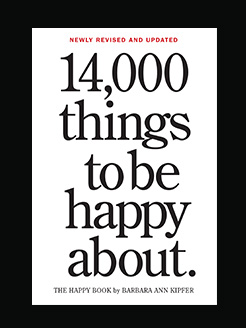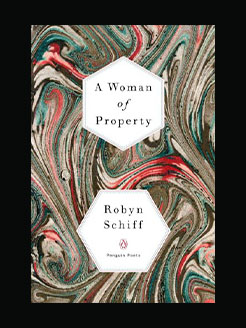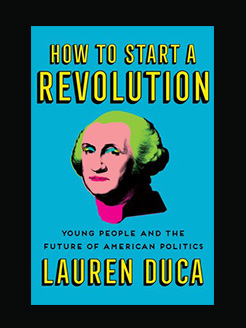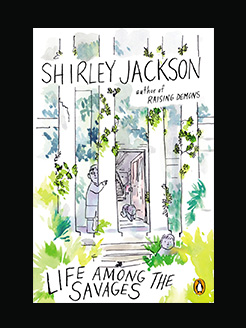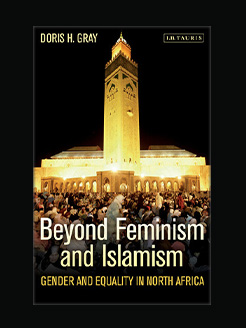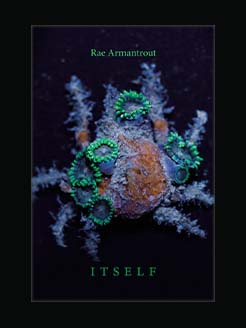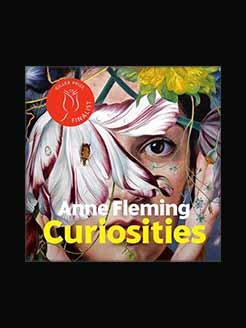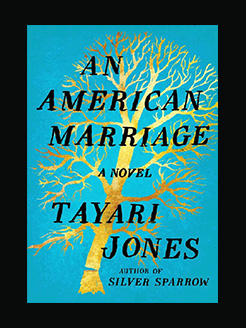Published in 2021
681 pages
Hannah Dawson is Senior Lecturer in the History of Political Thought at King’s College London. She is an expert on early modern thought and the history of feminism. Her previous publications include Locke, Language and Early Modern Philosophy (2007) and Life Lessons from Hobbes (2013), as well as numerous scholarly articles. She is a regular contributor to radio, television and festivals.
What is this book about?
Feminism is the insight that sexism exists, and the struggle against that oppression. The Penguin Book of Feminist Writing is a global anthology of feminist writers, edited and introduced with a major new essay by Hannah Dawson.
Beginning in the fifteenth century with Christine de Pizan, who imagined a City of Ladies that would serve as a refuge from the harassment of men, the book reaches around the earth and through the years to us, now, splashing about in the fourth wave. It goes beyond the usual white, western story, encompassing also race, class, capitalism, imperialism, and other axes of oppression that intersect with patriarchy. Alongside Elizabeth Cady Stanton, who declared in Seneca Falls in 1848 the self-evident truth “that all men and women are created equal,” we find Sojourner Truth, born into slavery in New York in 1797, who asked “and ain’t I a woman?” Drawing on poems, novels and memoirs, as well as roaring manifestos, The Penguin Book of Feminist Writing parts the clouds on a constellation of feminist classics.
“The Penguin Book of Feminist Writing rounds up the voices of women from across history to discuss the meaning and practice of feminism. This is a book that every person should read: the multiplicity of voices from various times and spaces allows women of the past alongside women of the present to be noisy about why feminism matters. It is a collective masterpiece” – Helen Carr, BBC History, Books of the Year
“Bulging with brilliant and exciting writing. Its vast sweep takes us from the 15th century, when Christine de Pizan, a court writer in medieval France, imagined a City of Ladies where women would be safe from harassment, through to the present day, with work by Maggie Nelson, Eileen Myles, Rachel Cusk, Deborah Levy and Lola Olufemi” – Rachel Cooke, Observer
